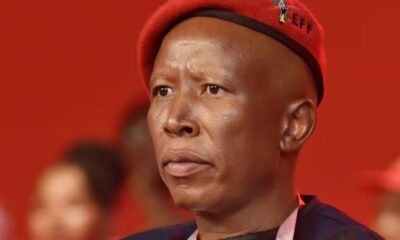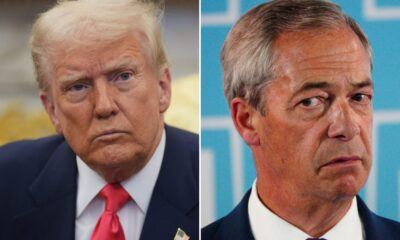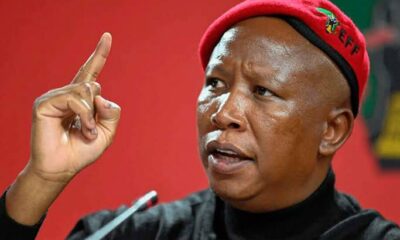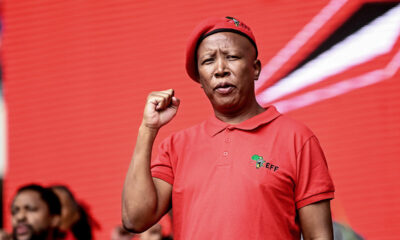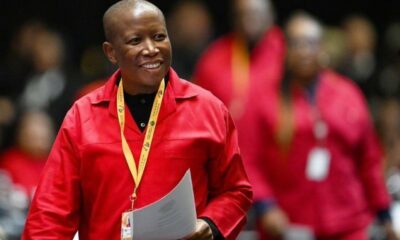News
AfriForum Takes Malema Sanctions Bid Global, But Experts Warn of Sovereignty Risks
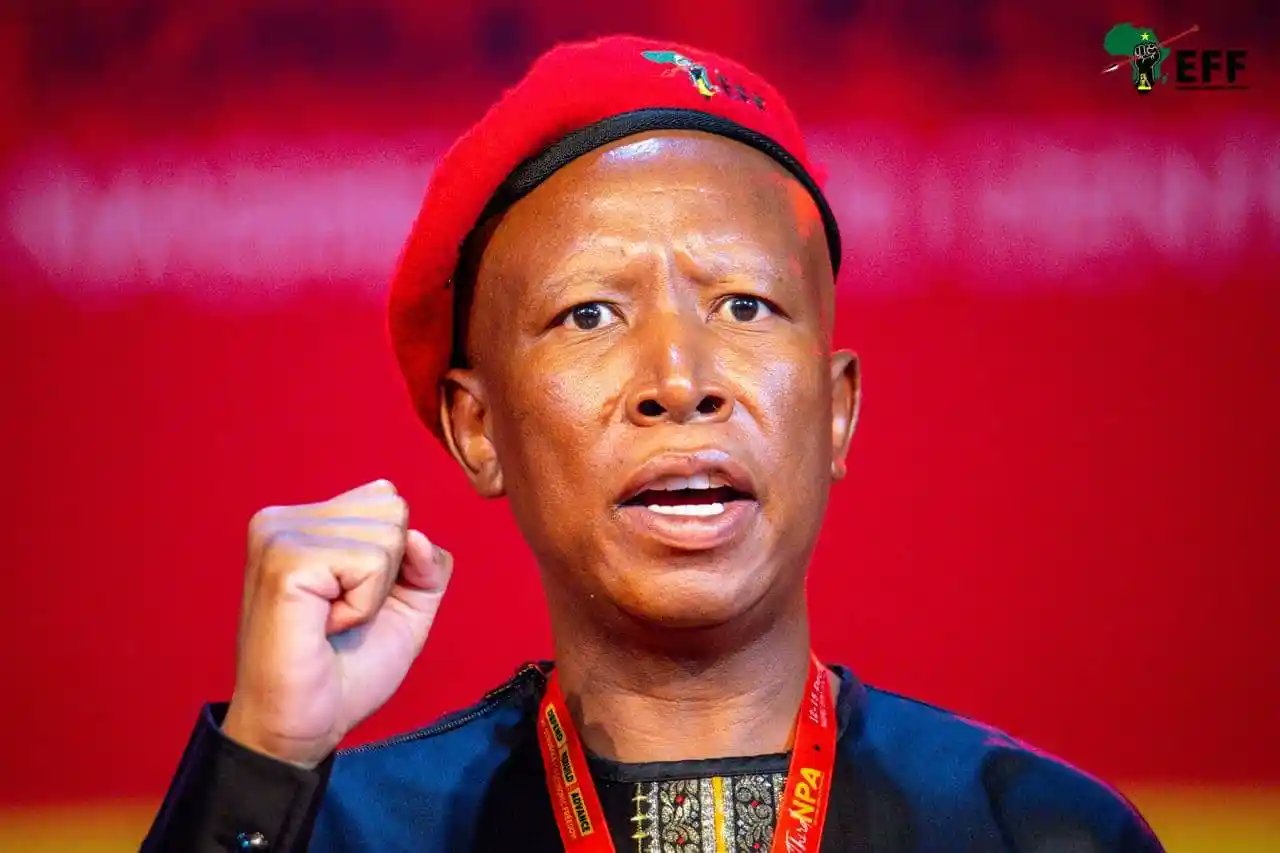
AfriForum and the Southern African Agri Initiative (Saai) have escalated their long-running battle with EFF leader Julius Malema beyond South Africa’s borders. This week, the groups announced they will circulate a detailed charge sheet internationally, asking foreign governments to impose targeted sanctions on Malema.
The dossier, compiled by AfriForum’s private prosecution head Gerrie Nel, accuses Malema of hate speech, incitement to violence, supporting terrorism, and corruption. AfriForum’s Ernst van Zyl said the campaign is about accountability, not politics: “Malema should face consequences at home and abroad.”
‘Kill the Boer’ under the global spotlight
The move comes after years of controversy surrounding Malema’s use of the “Kill the Boer” chant, a struggle song that AfriForum and farming groups say fuels violence against white farmers. CEO Kallie Kriel pointed to Britain’s recent visa refusal for Malema and the U.S. Magnitsky Act, which allows sanctions against human rights violators, as signs the strategy could succeed.
Saai’s Theo de Jager echoed this, saying rural communities feel abandoned by the justice system: “For years, farmers have lived under the shadow of crime, threats, and political scapegoating. Nothing has changed because there are no consequences for the instigators.”
Analysts caution: sovereignty at stake
But not everyone is convinced this international push is wise. Political analyst Rene Oosthuizen warned it could erode South Africa’s sovereignty: “If local disputes are outsourced to foreign powers, we risk undermining our own legal institutions and deepening social divides.”
Benjamin Rapanyane, a political lecturer at North-West University, added that international sanctions would carry lasting consequences: “If Malema attracts global attention with this chant, sanctions are likely. That could permanently damage the reputation of the EFF and Malema as a leader.”
Others say the politics around the issue are equally complex. Analyst Daniel Silke argued that the international spotlight, especially from Washington under Trump’s administration – has emboldened conservative groups like AfriForum. “They’ve been given legitimacy and oxygen on this issue,” he noted.
Propaganda, politics, or principle?
Not all critics see AfriForum’s move as a noble fight. Analyst Piet Croucamp accused the organisation of turning the campaign into propaganda: “This is as much about AfriForum positioning itself politically as it is about justice. It risks alienating parts of the population and feeding into a cycle of division.”
Croucamp also pointed out that Malema has faced several hate speech cases already, including one recently lost in court. “There are legal avenues available in South Africa. Taking this overseas could dilute the meaning of those judgments,” he said.
A polarised future
For supporters of AfriForum and Saai, the move is a bold stand against what they see as unchecked hate speech and threats against farming communities. For critics, it’s a dangerous precedent that could weaken South Africa’s ability to resolve its own disputes.
Either way, the “Kill the Boer” debate has now leapt from the country’s courts and rallies into the global political arena and the consequences, both locally and abroad, may be far-reaching.
{Source: The Citizen}
Follow Joburg ETC on Facebook, Twitter , TikTok and Instagram
For more News in Johannesburg, visit joburgetc.com

